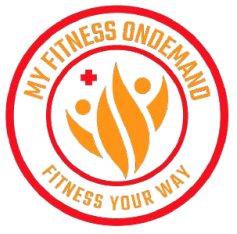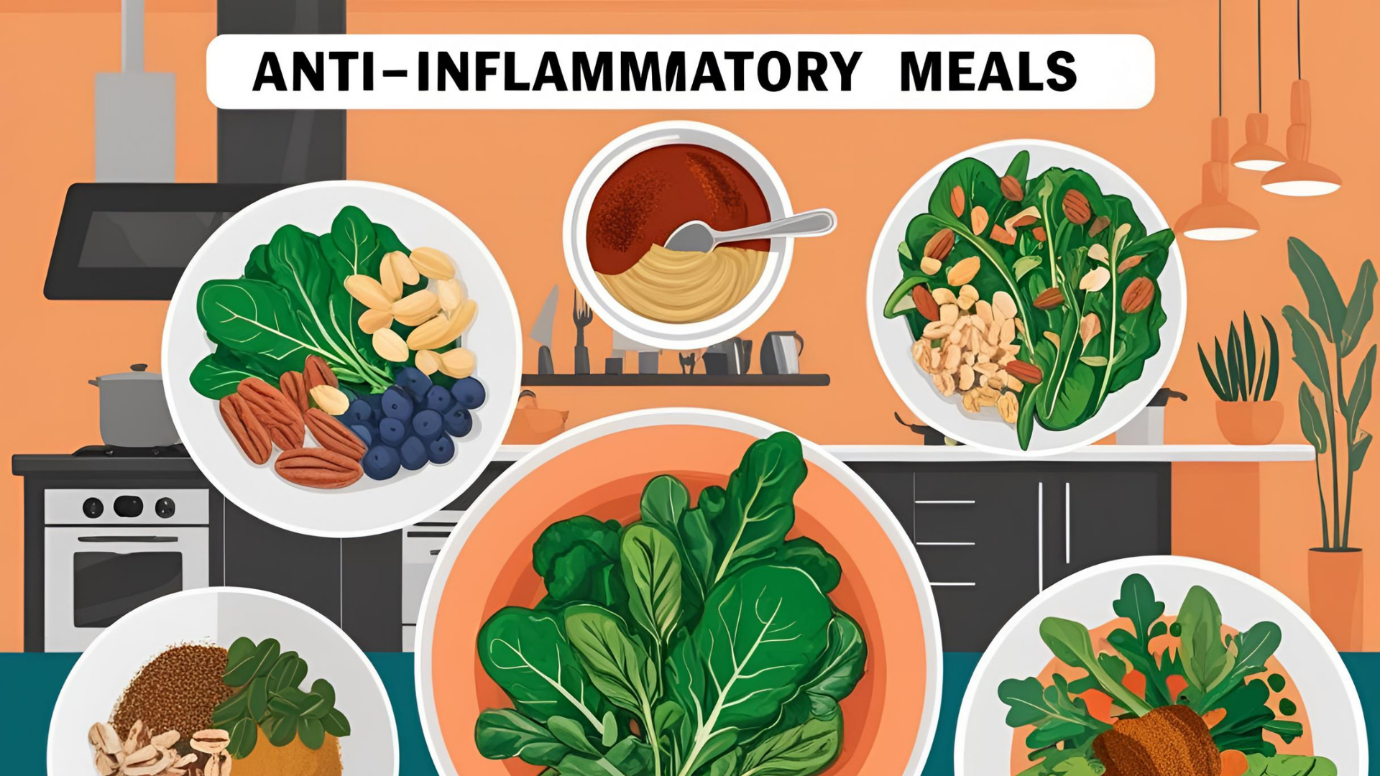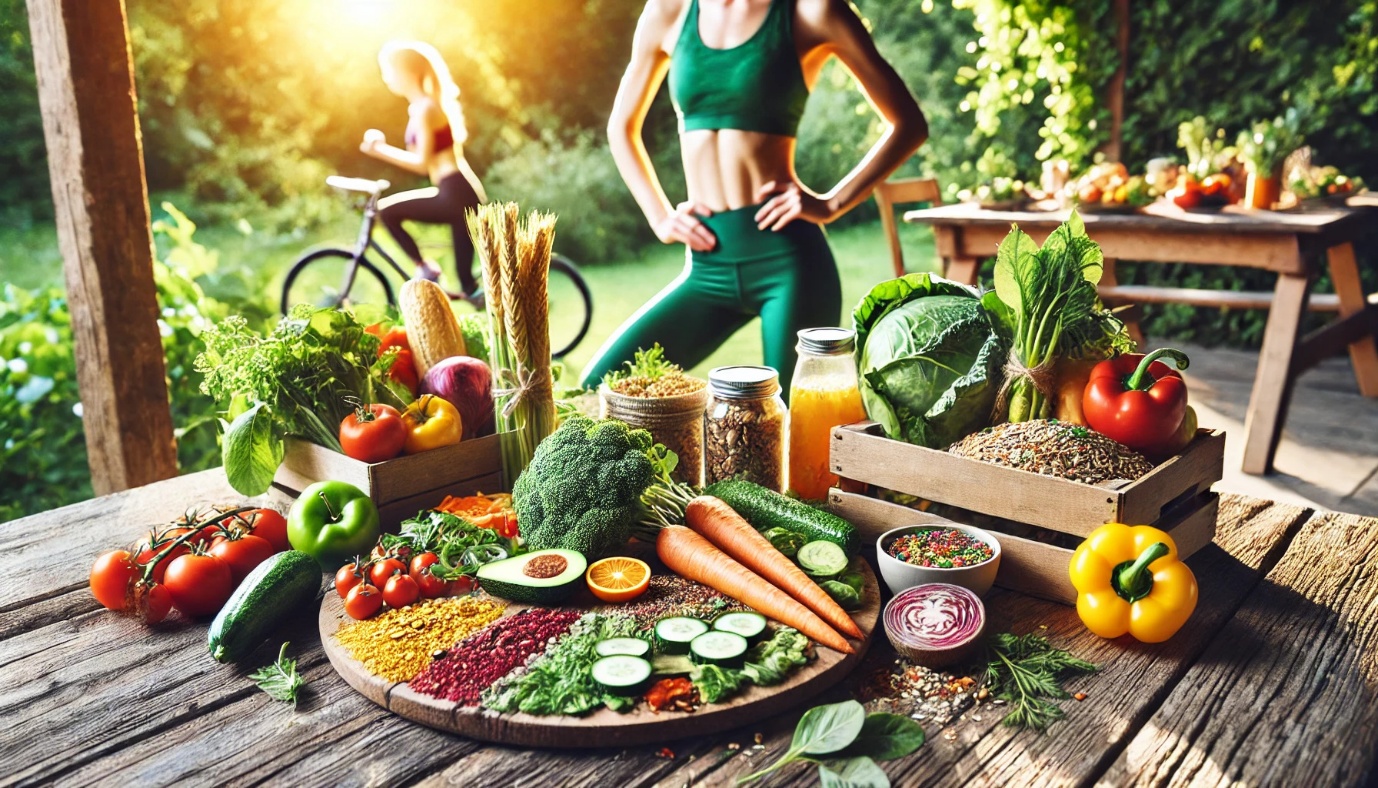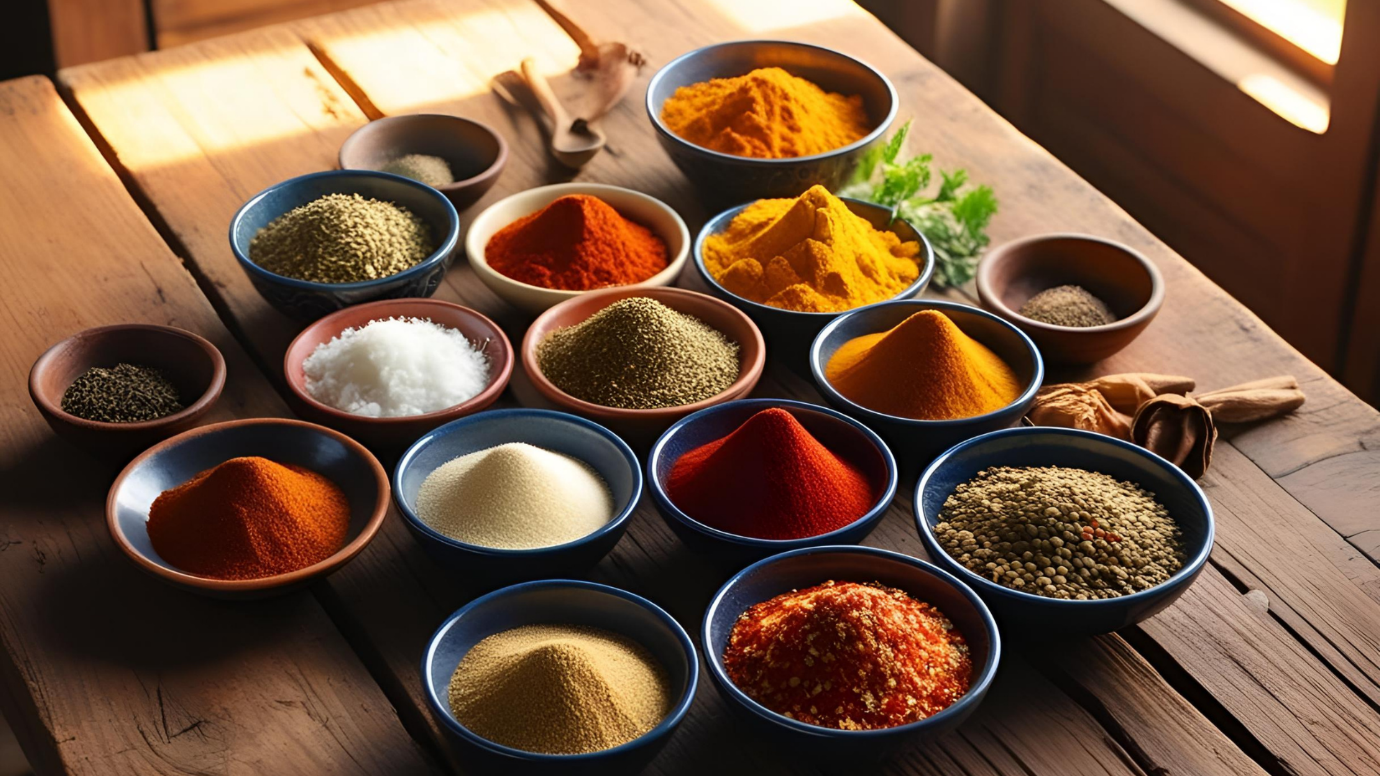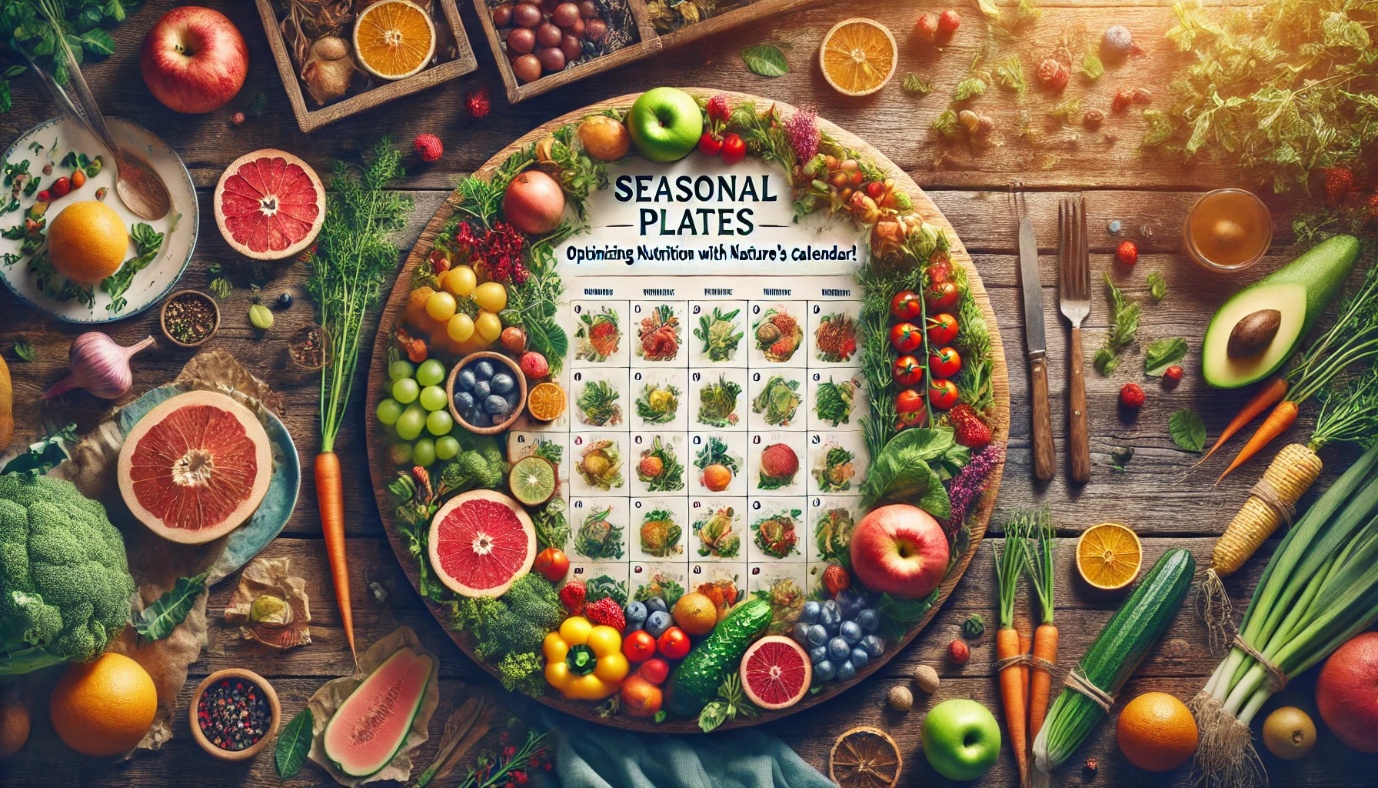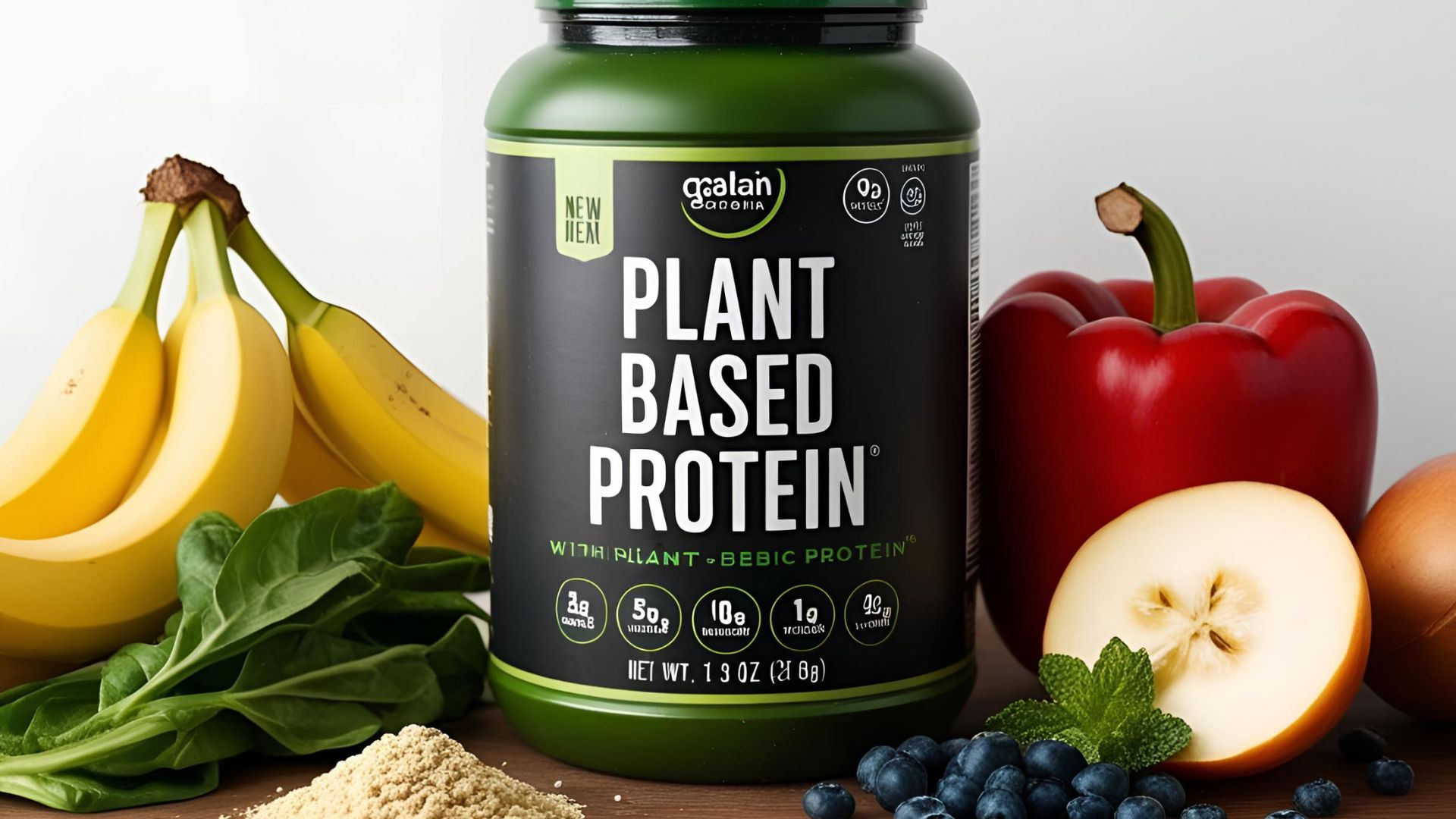For a productive fitness journey with no interruptions from injuries, you must be able to recover fast after each workout.
An excellent way to do this is by eating anti-inflammatory foods: They can help reduce muscle ache/soreness and also contribute overall health support— meaning you feel better all around.
Consume the following inflammation fighters to rebound from exercise even more rapidly (and in tip-top shape!).
Understanding Inflammation and Recovery
When you work out hard, your body naturally gets red and swollen (this is inflammation).
Some of this is fine– it helps your muscles heal and grow. But if there’s too much, you might feel sore for longer than necessary and not be able to perform at your best.
Eating anti-inflammatory foods can help keep things in balance so you don’t have an over-the-top reaction. This will mean you recover better after each session and are ready to go again sooner.
a. Omega-3 Rich Foods
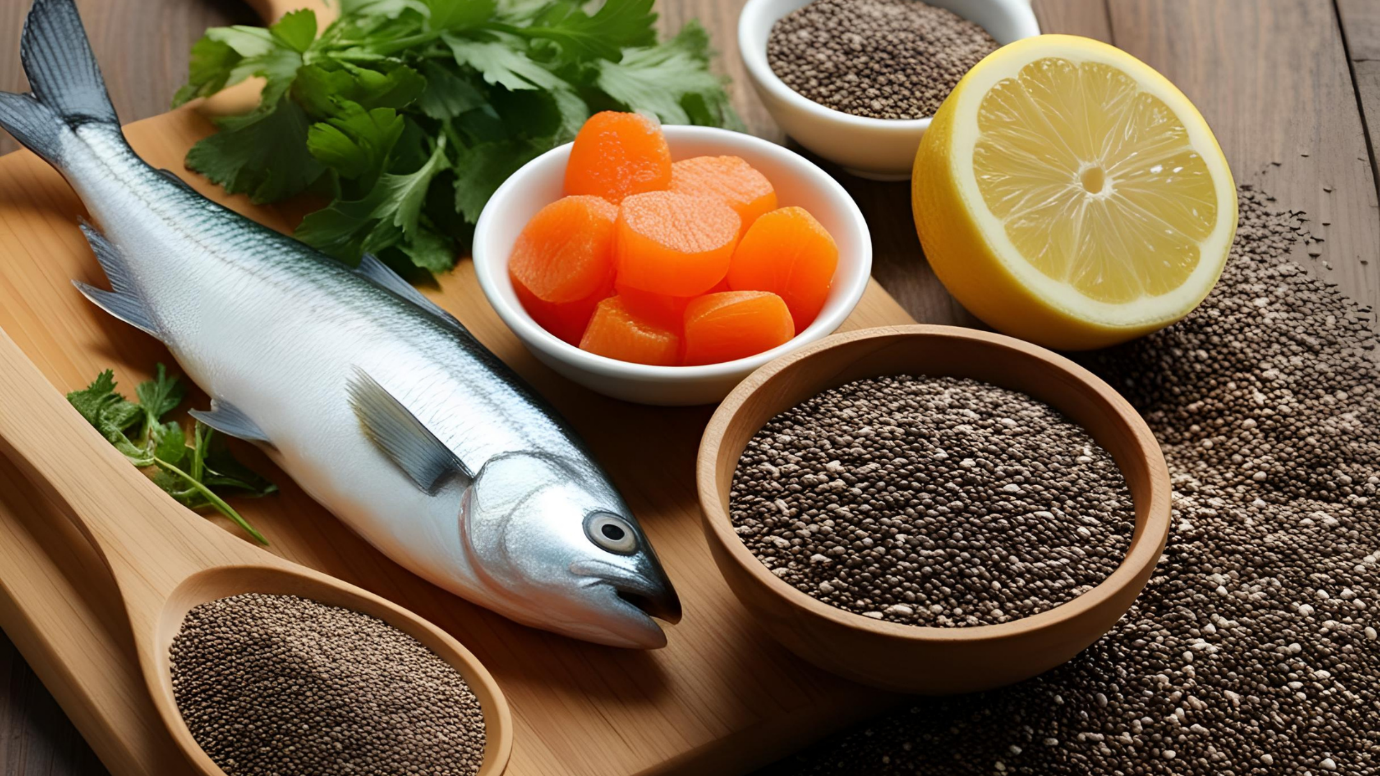
- Fatty Fish: Omega-3 fatty acids in salmon, mackerel, and sardines are famous for their anti-inflammatory powers. They cut production of inflammatory cytokines– key factors in muscle soreness– to help you heal up faster!
- Chia Seeds and Flaxseeds: If you’re a vegetarian, you’ll love these omega-3– rich plants! Add chia seeds to smoothies or sprinkle flaxseeds on salads for a big anti-inflammatory punch.
b. Antioxidant-Packed Berries

- Blueberries, Strawberries, and Raspberries: Exercise causes oxidative stress. But you can fight back with blueberries, strawberries & raspberries. They have antioxidants like anthocyanins. They help muscles recover faster by combatting inflammation-causing free radicals.
- Acai and Goji Berries: Although not as popular as other berries, acai and goji berries contain equal antioxidants. These can combat inflammation; meaning you should get to know them better!
c. Leafy Green Vegetables
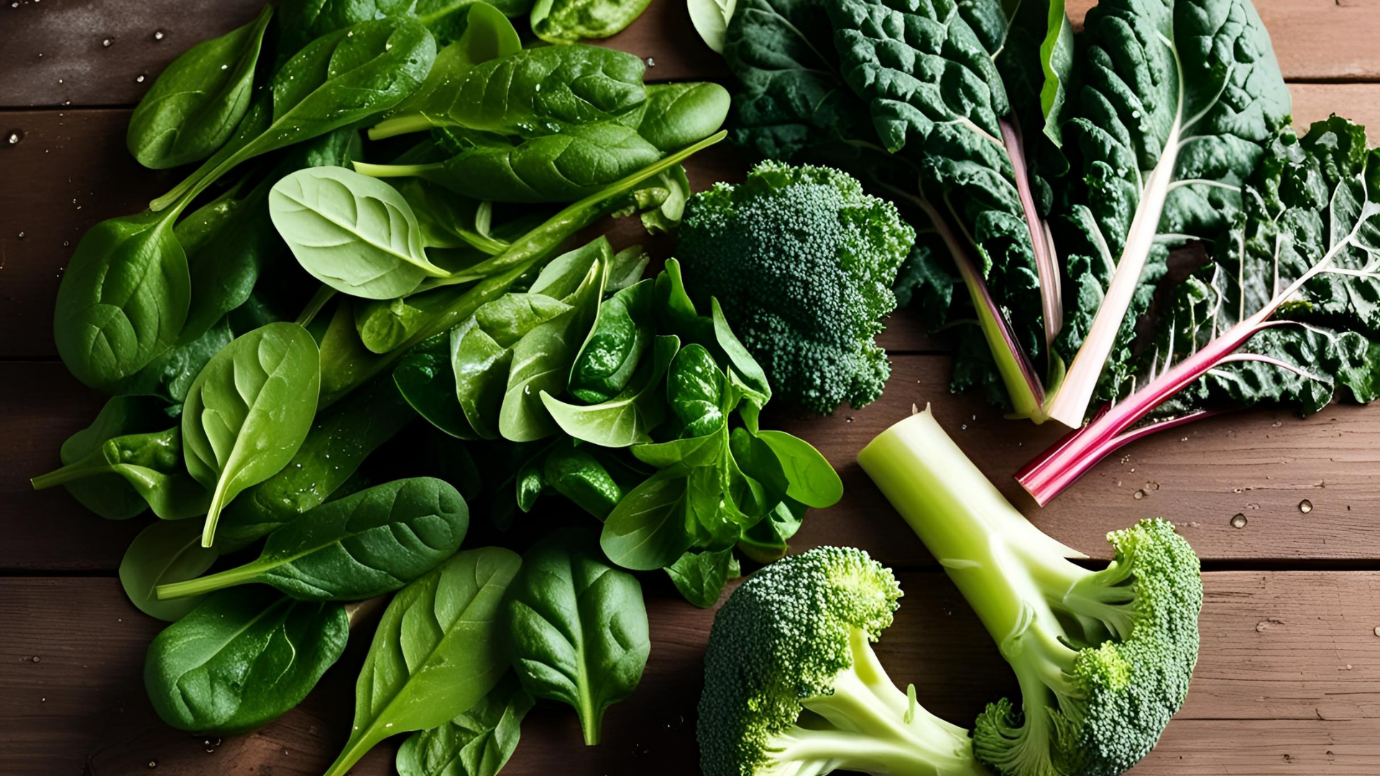
- Spinach and Kale: Packed with A, C, and K (antioxidants), plus magnesium. Fight inflammation! Also contains calcium for muscle repair— perfect post-workout.
- Swiss Chard and Broccoli: Get fancy with these! Add them to meals for sulforaphane, an anti-inflammatory compound. Stay healthy by eating a variety of green vegetables daily; don’t miss any nutrients your body needs!
d. Nuts and Seeds
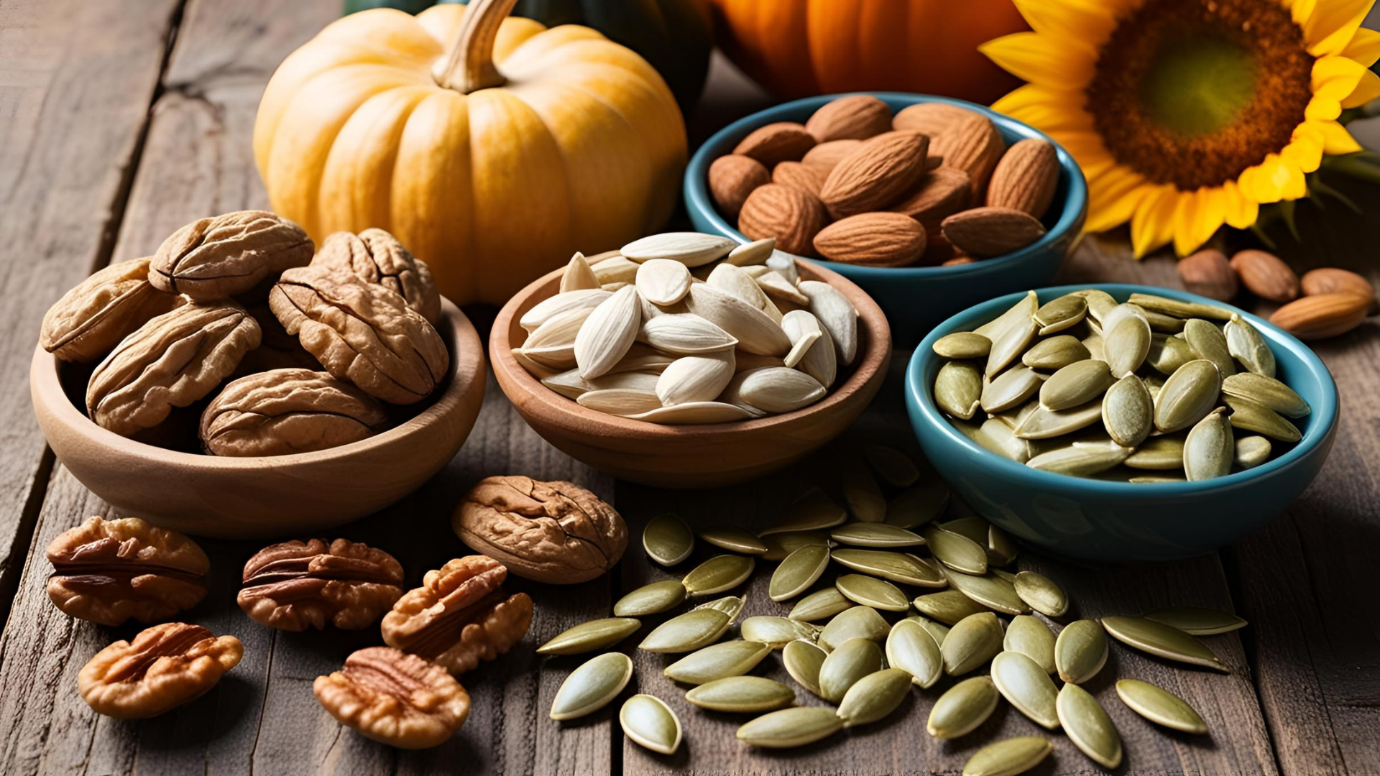
- Walnuts and Almonds: Nuts reduce inflammation; good fats, fiber and protein fight inflammation, plus magnesium can help relax muscles after exercise.
- Pumpkin Seeds and Sunflower Seeds: Minerals such as iron and zinc, which are accompanied by essential proteins, support muscle repair— as do fats that go further than simply fend off inflammation.
e. Whole Grains
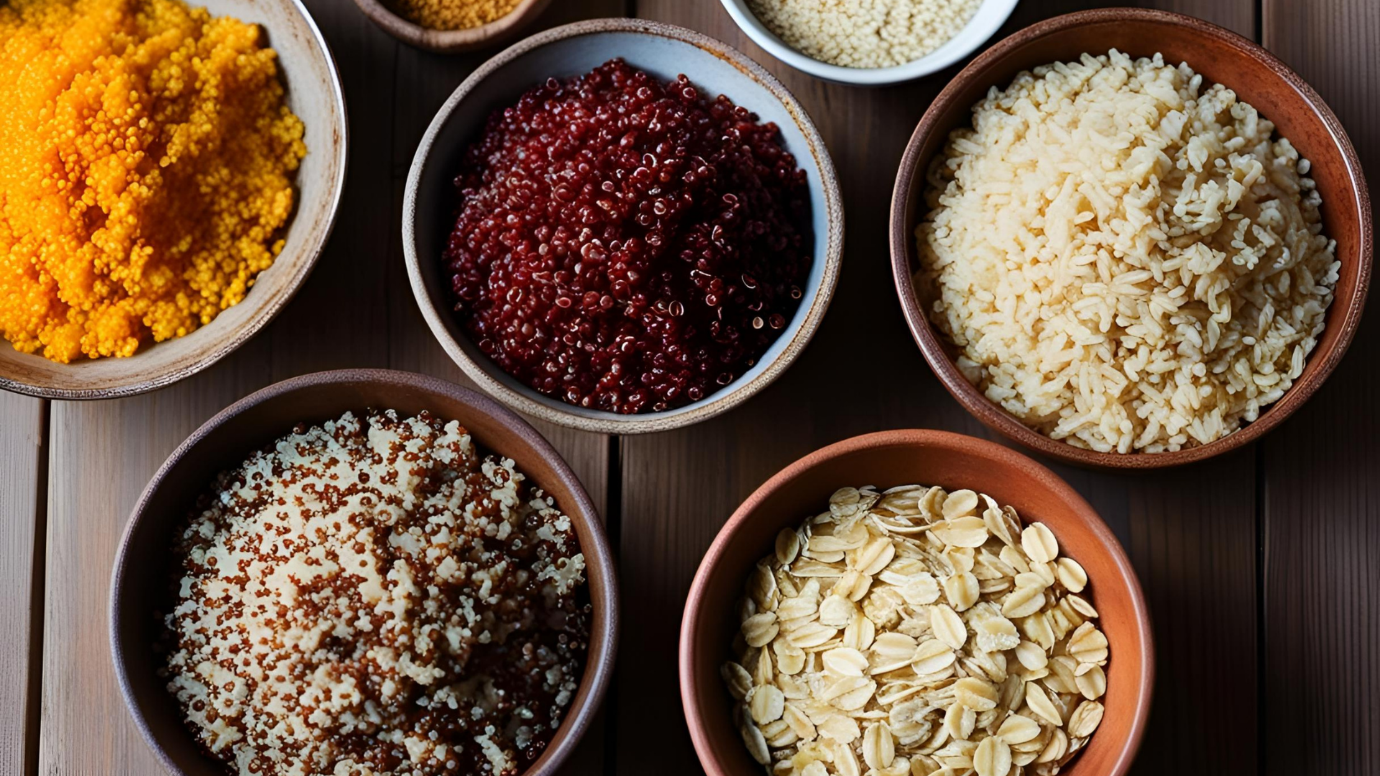
- Quinoa and Brown Rice: When it comes to stabilizing blood sugar & decreasing inflammation, not all carbs are created equal! Choose brown rice or quinoa over refined grains— they have more nutrients plus fiber. Their complex carbohydrates also provide enduring energy– great news when you need long-lasting recovery.
- Oats: A fantastic all-rounder of a food, oats are packed with antioxidants and fiber. Among other things this winning duo enables them to balance blood sugar levels – good news for anyone looking to build muscle (or lose weight).
f. Spices with Healing Properties
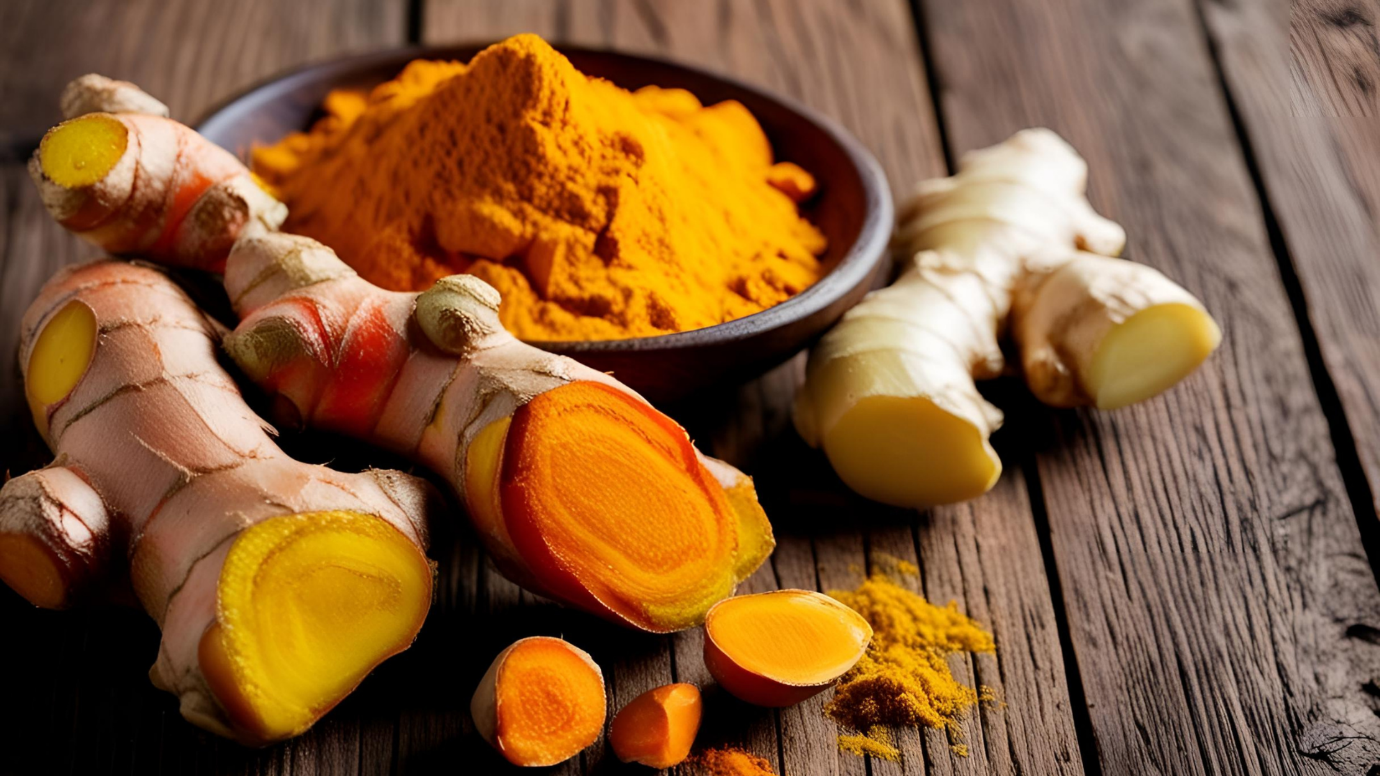
- Turmeric: Packed with curcumin, turmeric has strong anti-inflammatory and antioxidant effects. This means it can reduce inflammation and help you recover faster. Try sprinkling it on everything!
- Ginger: Sore muscles? Stomachache? Ginger offers relief for both problems because it reduces inflammation (like ibuprofen) and also aids digestion. Add grated fresh ginger to tea, smoothies or Asian-style meals as often as you can.
g. Healthy Fats
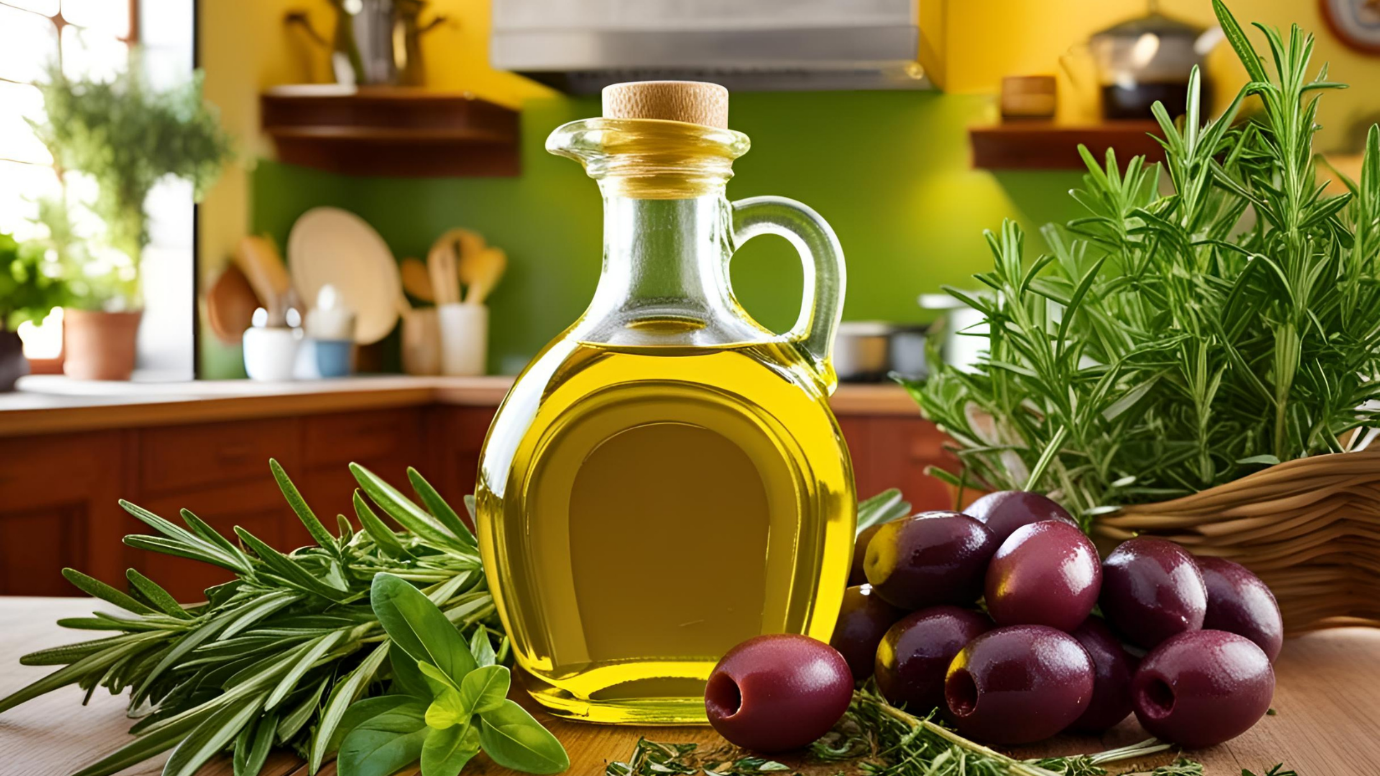
- Avocados: Avocados provide monounsaturated fats, vitamin E, and potassium for muscles. Their fat blend fights inflammation and helps prevent cramps– good news for gym fans!
- Extra Virgin Olive Oil: Extra virgin olive oil is part of an anti-inflammatory Mediterranean diet because it contains nutrients like oleocanthal. These can be beneficial beyond cooking with the oil, such as using it in salad dressings.
h. Lean Proteins

- Chicken and Turkey: To help your muscles heal and grow, you need lean meats. These protein sources won’t overload you with saturated fat– a double whammy that supports overall health by promoting proper post-exercise nutrition.
- Plant-Based Proteins: Lentils, chickpeas, and tofu are super protein sources for vegetarians/vegans! Plus, fiber and more nutrients fight inflammation + boost health.
i. Hydrating Foods
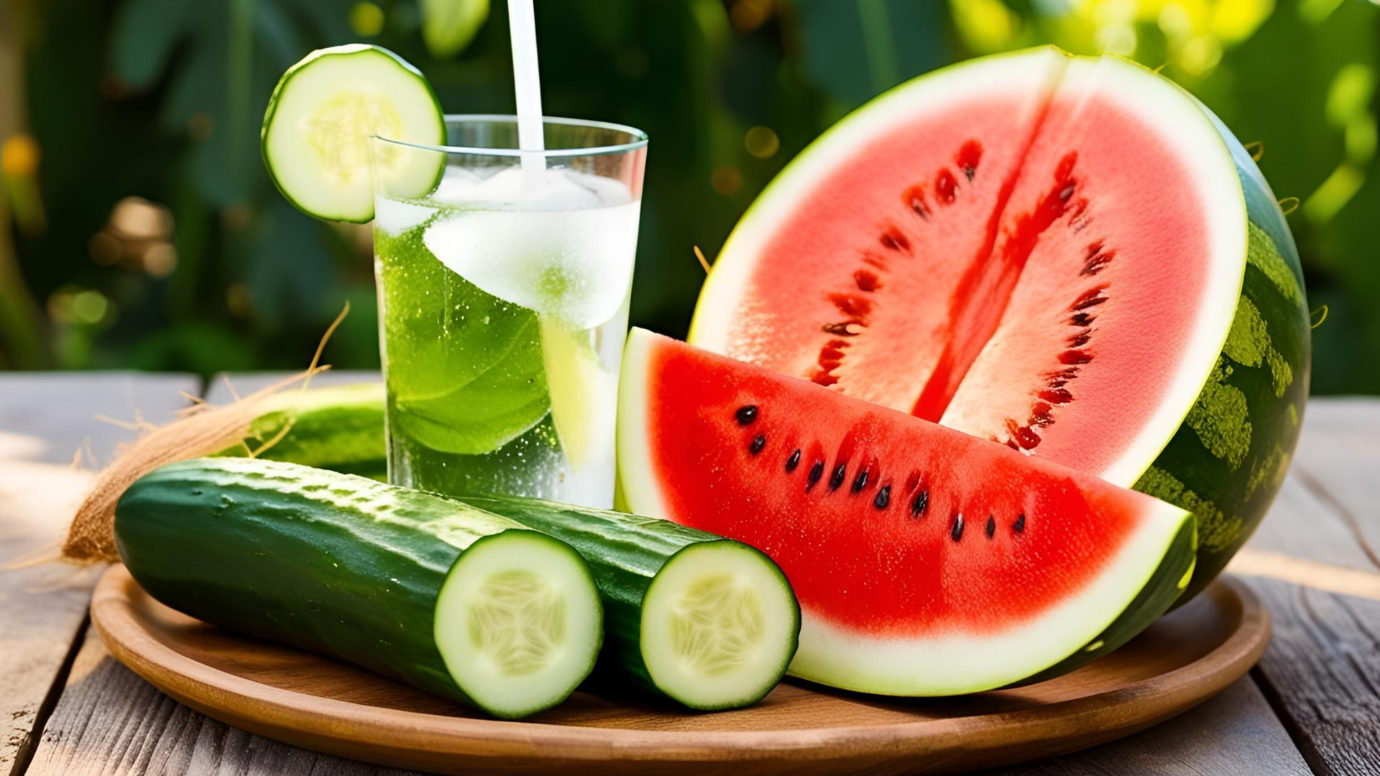
- Cucumbers and Watermelon: Ensure proper hydration for recovery with these foods! They replace fluids lost during exercise and provide vitamins, minerals and other nutrients needed for muscles to work their best while also keeping them less inflamed.
- Coconut Water: This beverage is packed with natural electrolytes to keep you hydrated. Plus, it has potassium— so muscles can relax and recover better!
j. Fermented Foods
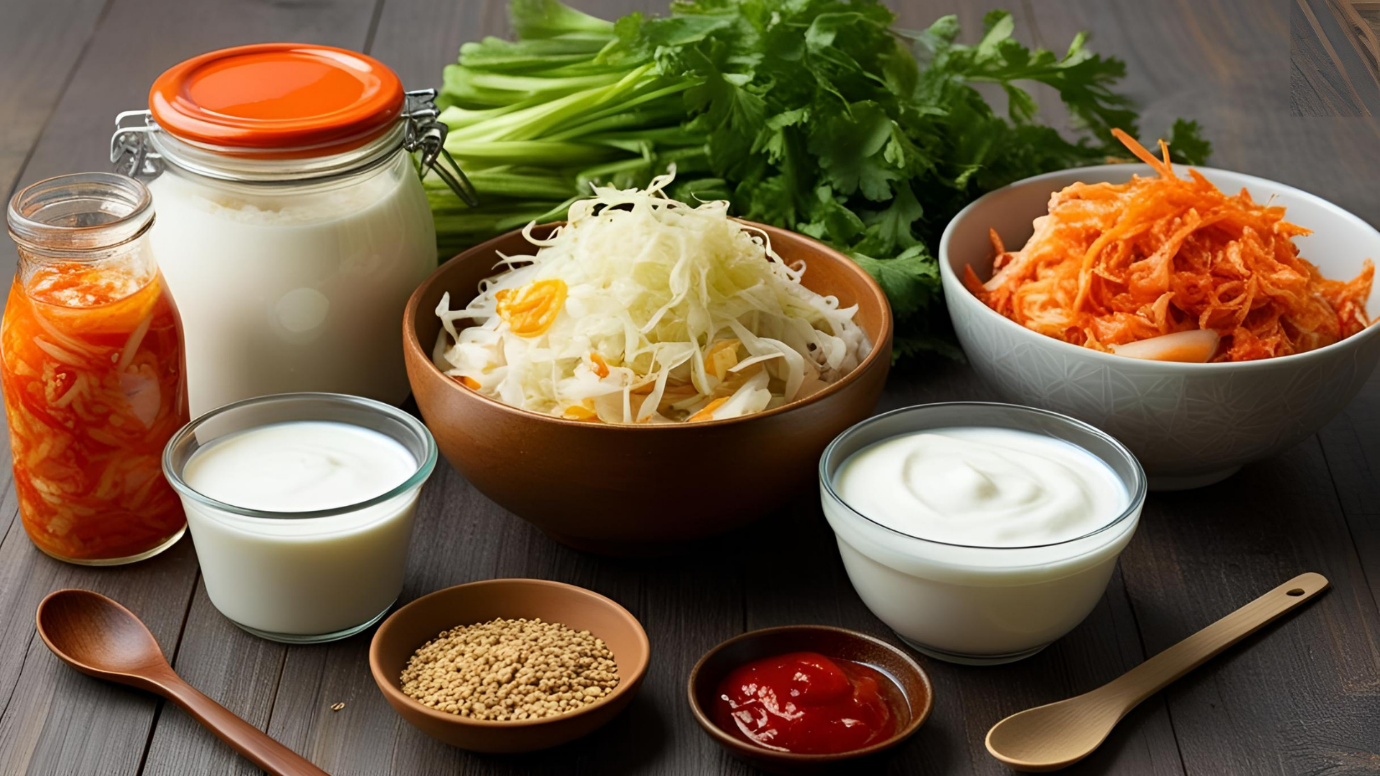
- Yogurt and Kefir: Learn how probiotic-packed foods can help maintain gut health— a crucial factor in controlling inflammation. By fine-tuning the body’s inflammatory pathways, having good bugs in your system may speed your healing process along.
- Sauerkraut and Kimchi: Another way to get probiotics in your diet is by eating fermented vegetables. These can help improve digestion and lower inflammation throughout the body.
Incorporating Anti-Inflammatory Foods into Your Diet
- Balanced Meals: Create balanced meals by incorporating various anti-inflammatory foods; for a post-workout session, try quinoa with grilled salmon, spinach, and chia seeds. This bowl covers many nutrients.
- Snacking Smart: Choose nuts, seeds, or berries over processed snacks. Not only do these whole options tame hunger, but they also fight inflammation– helping the body recuperate.
- Smoothies and Bowls: Whip up smoothies or bowls blending fruit, greens, and seeds with anti-inflammatory properties; it’s an easy and tasty way to eat several at once. Want even more punch? Add turmeric or ginger.
- Meal Prepping: If you cook food ahead of time, you can eat healthy meals that fight inflammation even when you’re busy. Make whole grains and roast veggies in bulk; divvy out snacks to help stay prepared.
Additional Lifestyle Tips for Reducing Inflammation

- Rest well: Aim proper sleep for 7-9 hours a night to assist muscle recovery and reduce inflammation.
- Stay active: Regular, gentle exercise helps control inflammation and maintain overall health (even if tough workouts make it worse).
- Manage stress: It fuels inflammation! So, consider yoga or meditation as well as deep breathing exercises. These practices may also assist recovery by other means— all of which could be beneficial whether you’re inflamed or not.
- Remember to drink water: Hydration supports nutrient movement around the body and helps remove waste; both these processes can speed up recuperation from injury (or a workout).
Monitoring Your Progress
- Listen to Your Body: Notice how food impacts your health & recovery. Adapt diet to suit your individual needs.
- Track Inflammation: Test inflammation levels. This can show if your diet helps fight inflammation and aids recovery.
- Consult a Pro: Get advice from nutrition experts to create an eating plan that works for your fitness goals as well as address inflammation.
Final Thoughts
To boost your post-exercise recovery, eat in anti-inflammatory style.
Include omega-3-rich foods, antioxidants, leafy greens and other nutrients that fight inflammation– they can help decrease muscle soreness, ward off injuries and keep performance at top levels.
Give these dietary tweaks a go and help your body with its built-in recovery systems: you might just find yourself becoming healthier overall!
